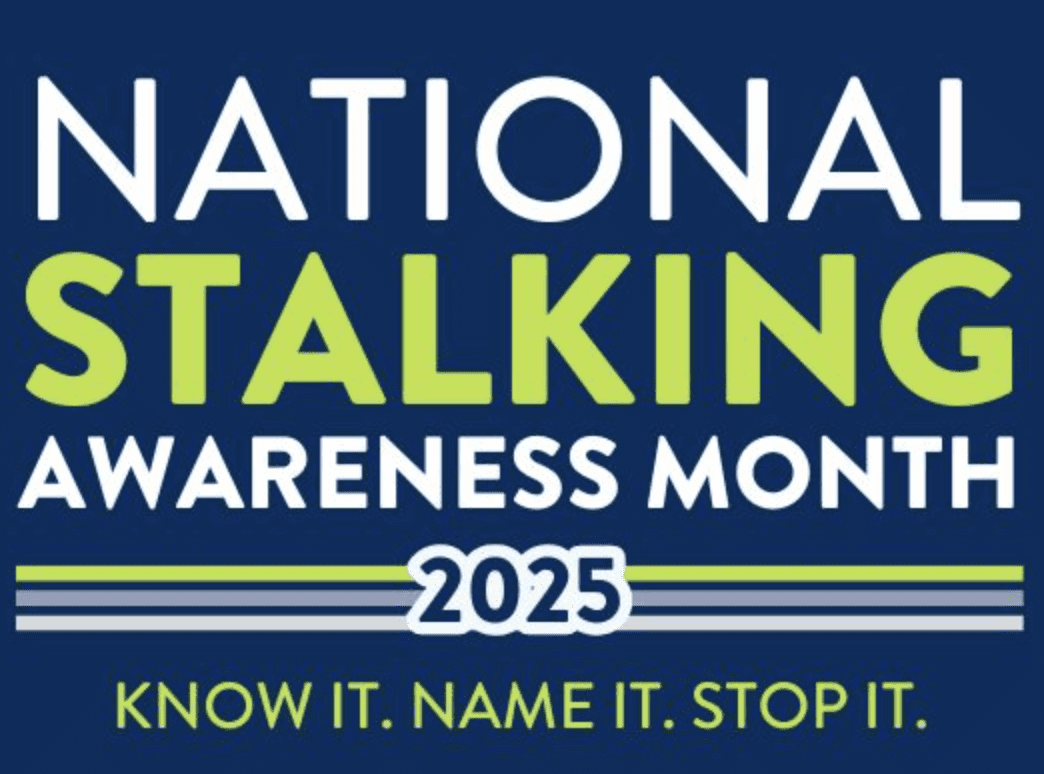By Henry H. Bernstein, D.O.
Tribune Media Services
Q: Can you please tell me if my 7-year-old daughter can have an adult vitamin? Her doctor says she needs iron.
A: With so many types of vitamins available, it is hard to know which one to give. Children older than 4 years of age may have similar recommended daily values for certain micronutrients as adults. However, it’s generally safest to wait until age 12 before giving an adult vitamin to a child.
Making sure that a child gets enough iron is very important. If low iron in the body is not treated properly, iron deficiency during childhood may cause long-lasting developmental and behavior problem, as well as poor growth and other medical problems.
An adult multivitamin with iron may provide too much iron for a younger child. If you still need to give your daughter a daily all-purpose vitamin with iron, pick one that has no more than 100 percent of the recommended daily value for her age. Higher levels may be too much for the body to handle and can be toxic.
Since your daughter’s doctor wants her to have extra iron, make sure her diet includes lots of iron-rich foods, such as red meats, green leafy vegetables, beans, raisins, iron-fortified cereals, eggs, and whole-grain breads. In addition, she should not be drinking more than 24 ounces of milk per day.
Q: Is it safe to give a 7-year-old (60 pounds) and a 3-year-old (30 pounds) extra vitamin C to help prevent colds? They get a daily multivitamin with fluoride.
A: It’s great that you’re thinking about how much and how many vitamins your kids are getting each day. Multivitamins have many vitamins in them; so one multivitamin each day is usually enough for any child. In fact, children don’t generally need a multivitamin, assuming they’re eating an overall balanced diet during the week.
Vitamin C has been widely rumored to decrease the likelihood of developing the common cold and to shorten symptoms, but research in this area is not conclusive. So, as far as "extra" vitamin C, there isn’t any proven benefit to large doses of it.
Too much vitamin C can cause problems. When a child gets too much, the body learns how to get rid of the extra. Then, when your child starts to take in less vitamin C, the body may still pass much of the vitamin C out of the body, causing your child to end up having too little vitamin C.
If you are concerned your child is not getting enough vitamin C, check how much is in your multivitamin, and encourage your children to eat foods rich in vitamin C, such as citrus fruit or citrus fruit juices, broccoli, tomatoes, peppers, mango, and potatoes with the skin on.
For children ages 3 to 8, it’s suggested that they get around 25 milligrams of vitamin C per day. The "upper limit" of vitamin C, meaning the most your child should have in a day, is 400 milligrams for 1- to 3-year-olds and 650 milligrams for 4- to 8-year-olds.
Henry H. Bernstein, D.O., is a Senior Lecturer in Pediatrics at Harvard Medical School. In addition, he is chief of General Academic Pediatrics at Children’s Hospital at Dartmouth and Professor of Pediatrics at Dartmouth Medical School.
For additional consumer health information, please visit www.health.harvard.edu.)
(c) 2008 PRESIDENT AND FELLOWS OF HARVARD COLLEGE. ALL RIGHTS RESERVED.DISTRIBUTED BY TRIBUNE MEDIA SERVICES, INC.(For additional consumer health information, please visit www.health.harvard.edu.)



